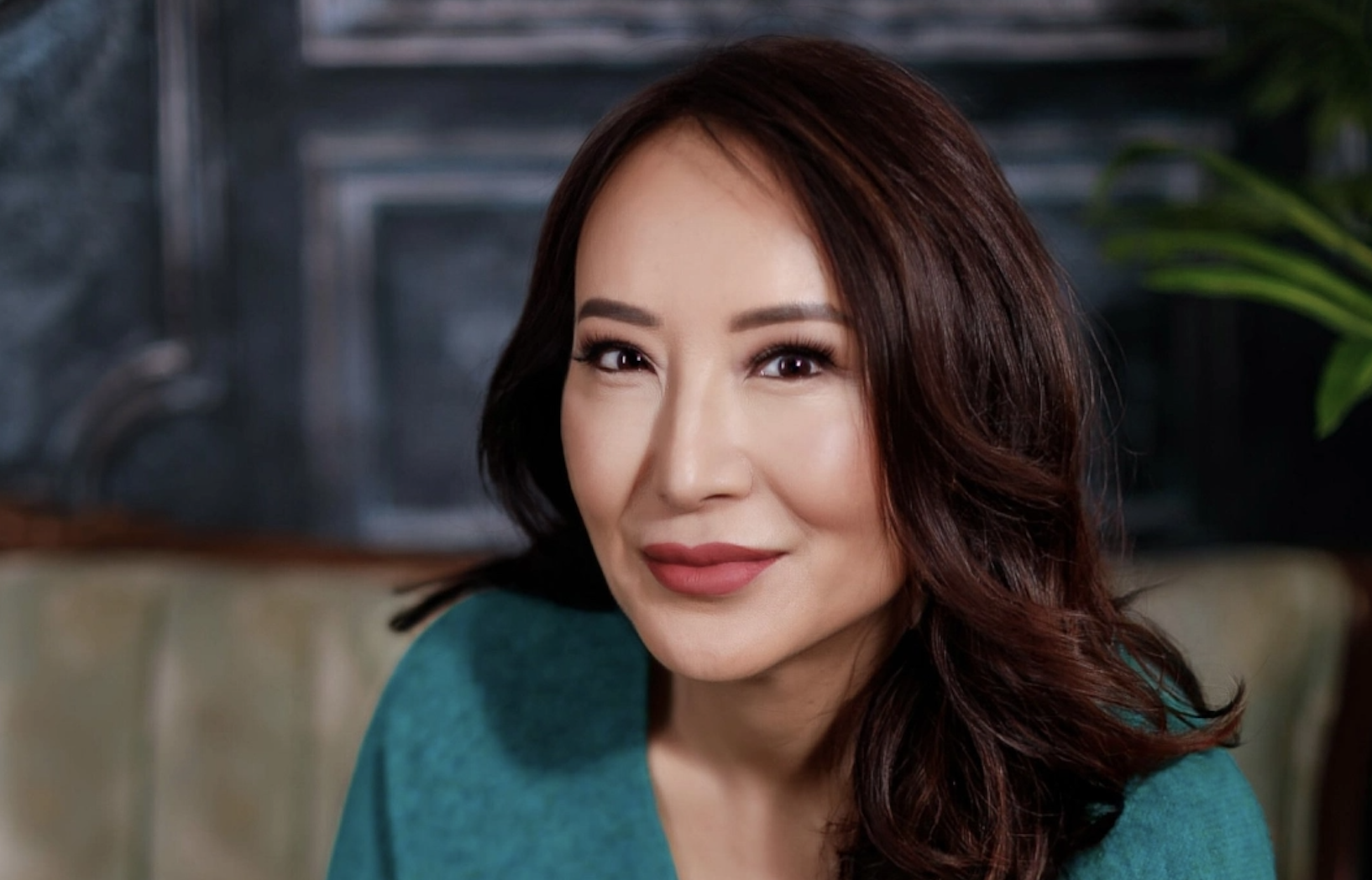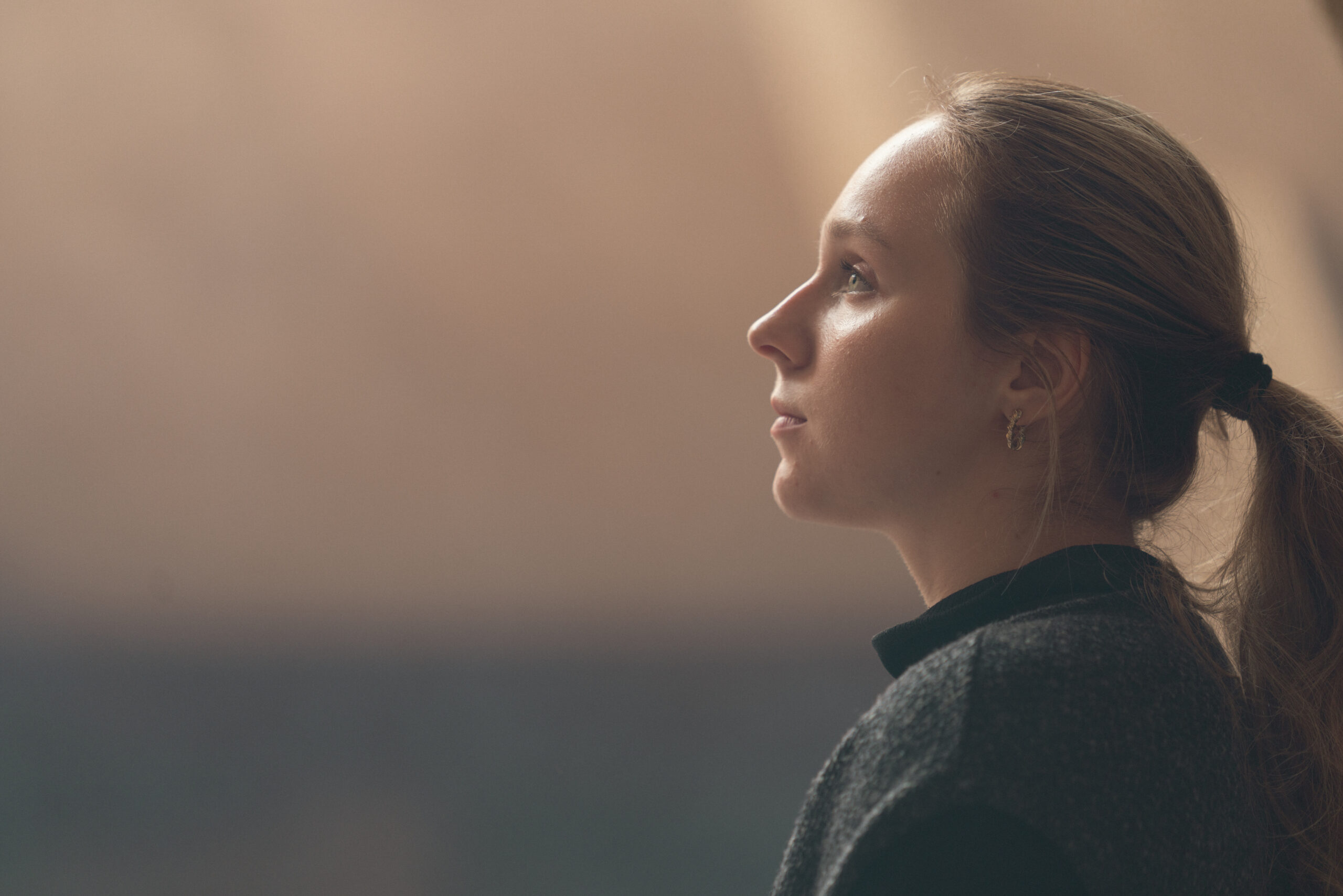We are avid readers here at team GTHQ and love to get stuck into a book written by or about women from around the world. So when we heard about Dr. Nina Ansary’s new book ‘Jewels of Allah‘, and that it focused on the untold stories of Iranian women both before and after the Islamic Revolution, we knew immediately this was something we wanted to share with our readers.
Based out of Los Angeles, Dr. Nina is an historian and expert in the Women’s Movement in Iran and based her thesis around this issue. She was originally born in Tehran, and fled the country with her family in 1979 when the Islamic Revolution began and she has not returned. She has spent the majority of her career promoting the accomplishments of Iranian women which has made her an authoritative voice on the subject in the media, in academic circles and online.
Nina shared an exclusive extract of the book before it was released with Women In The World and talks about how before the Revolution, women were on an upward trajectory under the leadership of Mohammad Reza Shah Pahlavi, but when the Grand Ayatollah Ruhollah Khomeini, the leader of the revolution, took over, the freedoms women were starting to experience including the right to vote and wear modern Western clothing soon was extinguished.
It is the reason many families fled the country in search for a life away from restriction and oppression, as one of our previous bloggers and Iranian native Sahar Pazirandeh has previously shared on our site.
But despite the common narratives of women being oppressed that often dictate media headlines when it comes to Iran (and many other countries around the Middle East), Dr Nina says there is so much more to be explored than a singular story, which is where Jewels of Allah comes in.
In an interview with Middle East Eye she says there are so many more complex stories and narratives that deserve to be shared. During her study of the women’s rights movement in Iran she learned that initially women were among the biggest supporters of the Ayatollah during the Revolution, which is something not often talked about in the mainstream media.
She also went on to talk about how the women’s rights movement is made up of many diverse women and it will never be taken down simply because it has no single leader, but that it has grown stronger despite the cultural circumstances over the years.
One of the biggest aspects we hear from all the interesting and complex things she has to say about Iranian women is that she doesn’t view them as oppressed.
“The Iranian woman today is not handicapped despite the discriminatory laws. The Iranian women today is bolder and braver than they have ever historically been,” she says emphatically.
Some of those discriminatory laws she refers to are the recent laws issued by the Ayatollah banning contraceptives and vasectomies in order to boost birth rates. This was made in response to the uprising of women taking charge of their lives and making autonomous decisions such as getting married later, having children later, or in some cases doing neither of the two.
But let’s not be under any illusion about the current climate women in Iran face on a day-to-day basis.
During an Iran Freedom Rally in June, Dr. Ranjana Kumari, Director and co-Founder of India’s Centre for Social Research and President and Founder of Women Power Connect spoke about the urgency for greater democracy in Iran especially for women.
“Women in Iran have been protesting against the oppressive measures of the Mullahs and against the discrimination they have been burdened with in the state of Iran. Human rights especially for women have always been sidelined in Iran despite being in the public view the atrocities on women have continued for years. The Iranian regime is absolutely unacceptable as it is damaging the lives of women continuously over the years,” she said in a speech to global leaders and Iranian leaders.
“It is an extremely sad state to see that even the legal system in Iran fails to protect the rights of women and goes overboard with inhuman impositions like the compulsion to wear chador. Even in the soaring temperature women have to wear it taking it to another level there were women who were targeted and burned with acid as they weren’t wearing the veil properly this is unacceptable,” she added.
“The women’s movement across the world feels disturbed and shattered with such an attitude towards women. We urge upon the global community to intervene immediately and to protect the lives and dignity of women of Iran inside Iran under the regime of Mullah. Let me tell you friends history will not forgive us if we will not fight standing by you to win this battle for justice, equality and democracy in Iran.”
Jewels of Allah we believe will be an eye-opening and vital voice in the discussion surrounding women’s rights in Iran and allow leaders, organizations and governments to are working toward greater democracy to have a greater understanding of the situation for women.
Instead of just releasing the book like every other author, a video trailer was created for Dr. Nina’s book which is a unique way to share the focus of the book. A group of men and women such as a fireman, a photographer, an athlete and more are shown on camera asking “What if I told you that I was the only firefighter in my hometown?” for instance.
At first it seems rather odd that an American man would be the only firefighter in his town in 2015, but then in a sort-of plot twist, the images of the Western men and women are replaced by images of Iranian women who those statements are actually about.
We highly encourage you to buy a copy of ‘Jewels of Allah’ and get familiar with Dr. Nina and the awesome work she is doing educating the mainstream about the Iranian women’s rights movement:




















One thought on “‘Jewels Of Allah’ Book Shares Untold Stories Of Iranian Women During The Revolution”